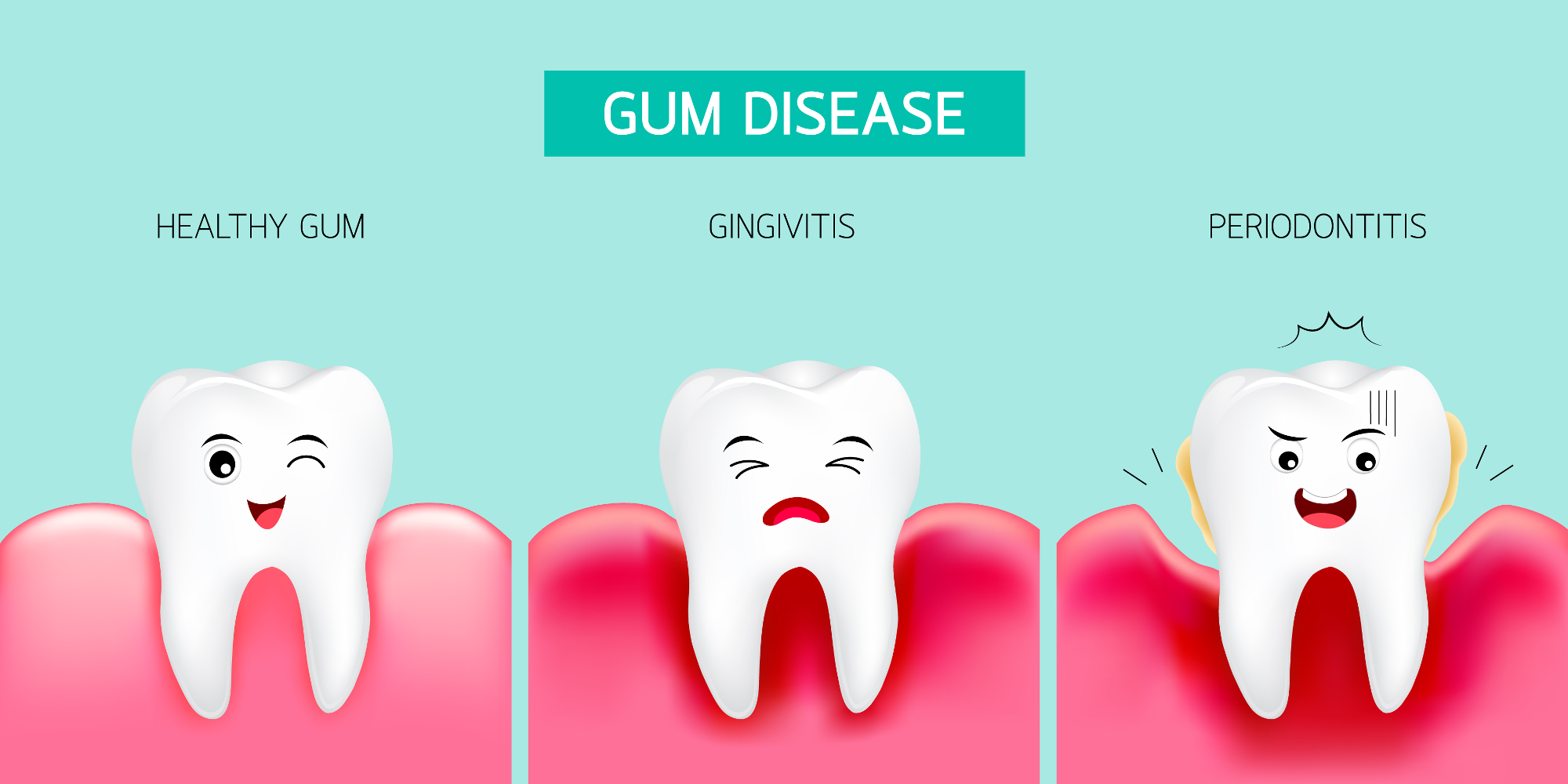Are nearly always a sign of a serious underlying medical condition. A low number of platelets in your blood.
/procalcitonin-results-and-what-they-mean-3156825_final-849cc6f2339d4611aaf2098b8b760744.gif) Procalcitonin Blood Test Results And What They Mean
Procalcitonin Blood Test Results And What They Mean
A high level of CRP in the blood is a marker of inflammation.

What does blood infection mean. Blood poisoning or infection occurs when the bacteria that cause the infection in another part of your body enter your bloodstream. Infection in the blood or Sepsis is a medical emergency which is caused by a bacterial infection in the blood. Septicemia A wide range of bacteria can enter your bloodstream.
Nasal congestion or respiratory infections You may experience bleeding when blowing your nose because of nasal congestion or a respiratory infection. Symptoms vary widely depending on the origin of the infection and may include rapid pulse changes in body temperature or diarrhea. The blood cell count is a laboratory test that checks the levels of three types of cells.
What Does It Mean When Your Blood Test Shows Inflammation. This is a possible complication of untreated giant cell arteritis. The condition associated with the presence in the body tissues or the blood of micro-organisms that cause infection or of the toxins produced by such organisms.
A blood clot may form in a blood vessel obstructing blood flow. This is because of the simple reason that their immunity levels are very low. Yet children especially newborns are more susceptible to this disease.
A blood infection also referred to as sepsis or septicemia occurs when an infection spreads to the blood from elsewhere in the body. Blood clots and aneurysms. The most common cause is a severe infection but a poorly controlled autoimmune disease.
Rarely vasculitis will cause a blood vessel to weaken and bulge forming an aneurysm AN-yoo-riz-um. 1 Once it gets in the blood bacteria can travel to other organs and tissues and damage them. Be that as it may the CRP test is an amazingly vague test and CRP levels can be raised in any provocative condition.
Blood poisoning is a serious infection. High CRP levels can likewise demonstrate that theres irritation in the courses of the heart which can mean a higher danger of coronary episode. Despite its name the infection has nothing to do with poison.
It can be caused by a wide variety of conditions from infection to cancer. The platelets which help clot off blood. Bacterial Blood Infection.
The red blood cells which carry oxygen to the bodys tissues. Blood infection or blood poisoning is a condition that can affect any person at any time. Too much acid in your blood acidosis A lack of oxygen in your blood.
And though bacteria may infect you through a wound or burn septicemia often results from another infection such as a urinary tract infection or pneumonia. In viral infections the response is often. With acute bacterial infections the polymorphonuclear leukocyte is the most common response neutrophils.
Sepsis varies in severity from a purely local problem to an overwhelming and fatal bacterial intoxication. And the white blood cells which fight infections. It occurs when bacteria are in the bloodstream.
This condition is also known by the name of septicemia. The terms septicemia and sepsis are often used interchangeably although technically they are not exactly the same. Vision loss or blindness.
The bacteria present in the blood release poisonous material in the blood which results in the immune system resorting to an inflammatory response which is nothing short of massive resulting in sepsis. High CRP levels can also indicate that theres inflammation in the arteries of the heart which can mean a higher risk of. Coli create infections in the body when the bacteria start to multiply out of control as a result of a compromised immune system.
The bacteria usually lead to infections in the urinary tract bladder and kidneys but can sometimes get into the blood stream and travel to other parts of the body. The presence of bacteria in the blood is known as bacteremia or septicemia.


